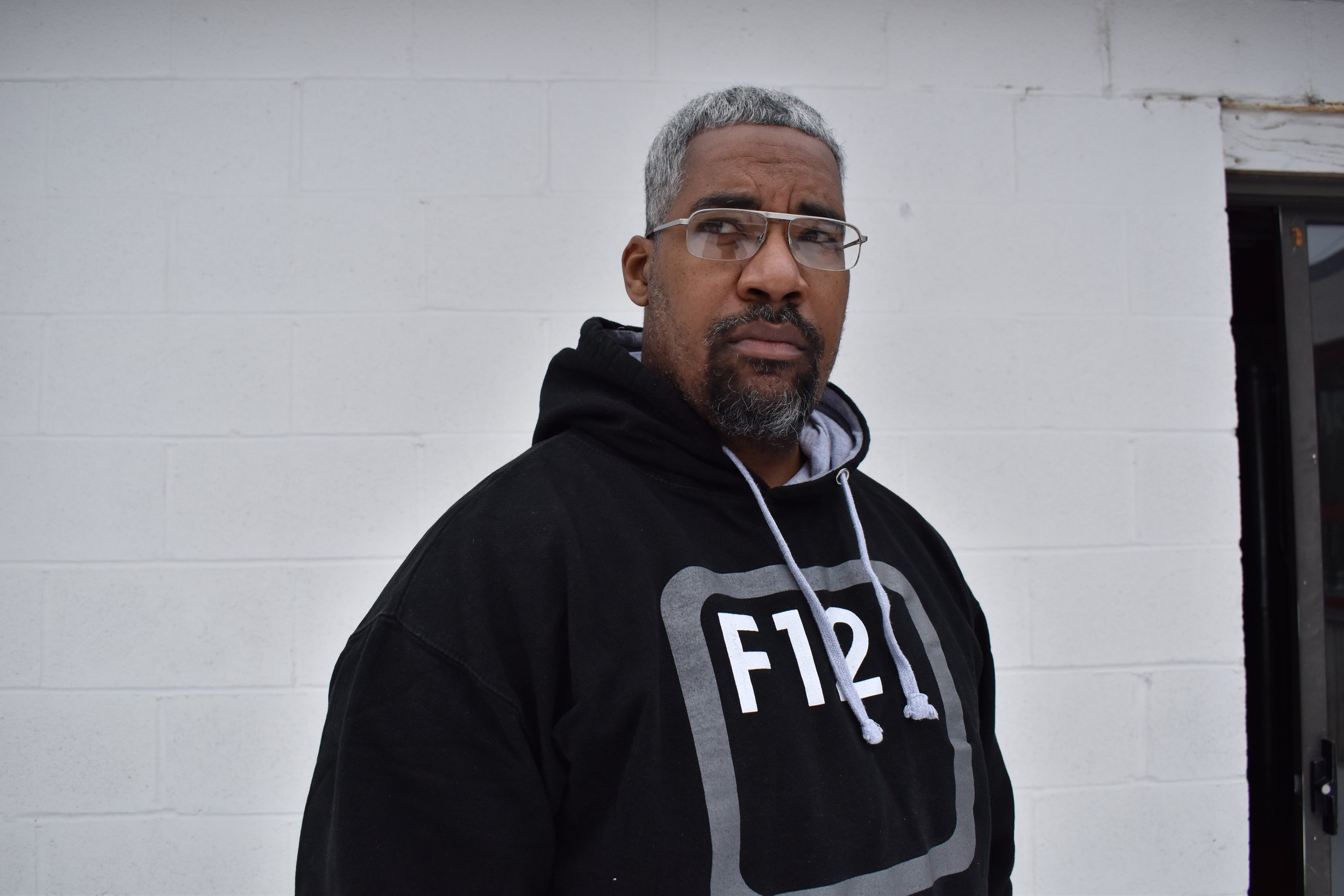Yohance Lacour
Yohance Lacour is a journalist, sneaker designer, and host of “one of the best things I’ve listened to in a long time” (—me) You Didn’t See Nothin. Follow him on Twitter here.
The story starts with a very specific moment, a hate crime that takes place in 1997 Chicago. How did that moment change your life?
I realized I’d never be satisfied if I didn’t take action against the systemic and violent racism that oppresses Black folks in this country. It also opened my eyes to how power, race and politics really work in Chicago.
How has your investigative reporting with this podcast been different from the newspaper reporting you were doing?
I’ve been able to access so much more information, in the form of public records and the personal accounts of so many people involved. More importantly, my reporting is reaching a number that exponentially dwarfs the readership of the paper I reported for in 1997.
How have you changed as a reporter in the last 25 years?
I’m a much less emotional reporter. I’m just as outraged by the tragedies and atrocities I witness but I’m more focused on judging policy, dynamics and courses of action than individuals.
You spent ten years in jail. How were you different when you came out?
When I came out, I was caught in an interesting dichotomy. On one hand, I felt like a sage who’d grown wiser for having studied the meaning of life in solitude. At the same time, I felt like a newborn in a world that’s seen social media, gender politics, hip-hop and so many other dynamics radically change the cultural landscape.
Can we talk about memory? How much of this story did you remember, how much work did you have to get it all out of your brain?
I remembered most of my experience and findings from my 1997 investigation but there were some I’d conflated. In addition to countless hours of interviewing people who were there, I spent just an equal amount pouring out my own memories in recorded sessions with my producers. There were several instances in which revisiting the facts as recorded in public records served to sharpen my memory.
Why is this story a podcast?
It was the suggestion of Jamie Kalven, founder of the Invisible Institute. They’d just completed SOMEBODY, an amazing investigative journalism podcast that was nominated for a Pulitzer, so they understood how fitting the podcast format was for a story with so many complex threads.
Chicago is a character in this story. How do you make a place a character?
People make a place. Taking tidbits of history that only residents of a particular place would know, and integrating them into the narratives more widely understood by outsiders can give life to a place. Similarly, a wide range of voices unique to a particular place can begin to highlight the dynamics that humanize it.
Describe your relationship with Chicago.
Another interesting dichotomy. My relationship with Chicago is similar to my love-hate relationship with America. I adore it because it’s home and I could never know a place or its people so intimately. At the same time, I’m disgusted and disappointed with it for taking my love for granted. I imagine it’s like a wife who constantly sees the potential for a happy home destroyed by her violently abusive husband.
If you were going to start another podcast, your budget is $1M and you don’t have to worry about logistics or whether or not anyone would like it, what would it be?
I’d explore all the ways racism has morphed to plague Black folks in America and reverse engineer them. The goal would be to identify how each and every one of us might be tasked with solving the problem of white supremacy in this country through changes in policy and personal behavior.
Thanks, Yohance!

